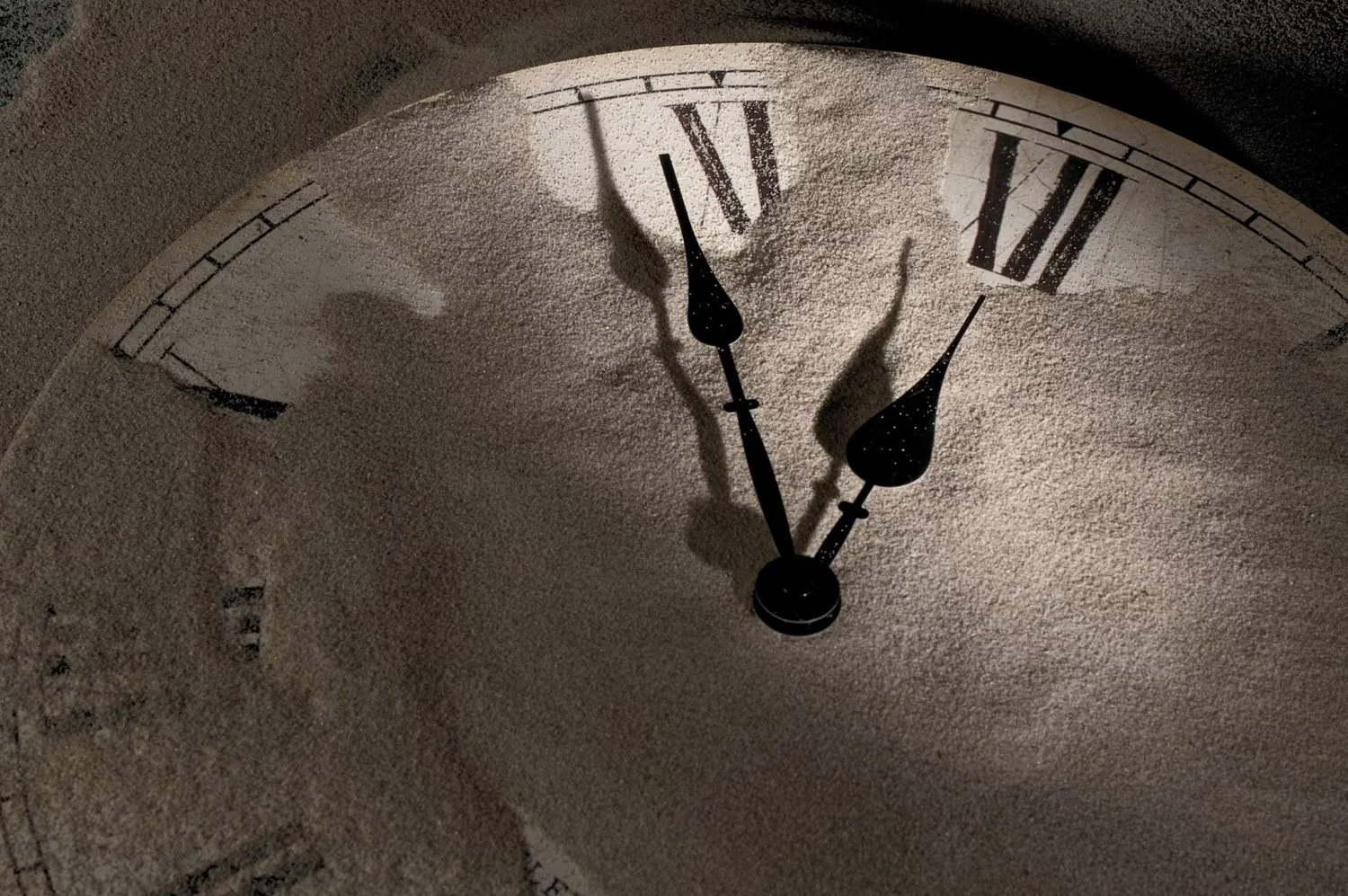Readings for the day: Jeremiah 13-16
There is a myth many Christians believe. If we are walking faithfully with the Lord. If we are obeying His commands and living according to His Word. If we are praying and worshipping and serving Him then we will not face hardship. We will not struggle or suffer or endure any pain. Life will be good and blessed and we will be happy. Fundamentally, we believe if we do our part, God is bound to do His and our lives should reflect His favor.
But then we read a passage like this one from Jeremiah today... “Woe is me, my mother, that you bore me, a man of strife and contention to the whole land! I have not lent, nor have I borrowed, yet all of them curse me...Your words were found, and I ate them, and your words became to me a joy and the delight of my heart, for I am called by your name, O Lord, God of hosts. I did not sit in the company of revelers, nor did I rejoice; I sat alone, because your hand was upon me, for you had filled me with indignation. Why is my pain unceasing, my wound incurable, refusing to be healed? Will you be to me like a deceitful brook, like waters that fail?” (Jeremiah 15:10, 16-18) Jeremiah is angry with God. He’s bitter and frustrated. He’s fulfilled the call of God. He’s been faithful. He took God’s Word and proclaimed it to the people at great personal cost. They beat and persecute him. They spit on him and mock him. He has no friends. No family. He sits alone. Who knows how long he has suffered? We only know he’s finally reached a breaking point. He is in anguish. He is in pain. He is depressed. He is discouraged. He accuses of God of being deceitful. Lying to him. Pulling a bait and switch.
It’s real. It’s raw. It’s honest. I’ve been there. I remember well the 19 months we spent in Wisconsin. We were fully convinced God called us to go there to plant a church. We were excited. We were passionate. We couldn’t wait to get started. God had given us a vision. He had given us plenty of resources. We were confident we would do great things for Jesus. Within a few months, our dream became a nightmare. For the first time in my life, I became a man of “strife and contention” to those I worked for. I felt cursed. Afflicted. Unjustly accused. I didn’t handle it well. I complained. I grew frustrated. I got angry with God. I felt like He had let me down. I felt like He had broken faith with me. After all, I had given up a thriving ministry and uprooted my family and poured my heart and soul into this new work. All to no avail. I ended up broken. Battered. Bruised and contemplated throwing in the towel on ministry altogether. My wife was in an even darker place. It was the most painful time of our lives.
In the midst of our heartache, I cried out to God and this is what He said. In essence, “Should you accept good from me and not hardship? Did you think this life I called you to was only going to be up and to the right? One success after another? What if it is my will to crush you? To break your pride? To make you suffer so you learn to depend on Me? Am I not enough for you?” It was sobering and convicting and strangely...comforting. Even in our darkest moments, God was there. Though His presence was a refiner’s fire, it felt good. The kind of good one feels after a hard workout or when one has overcome something incredibly difficult. You may still bear the scars but they become badges of honor along the way.
Such was true for Jeremiah as well. Listen to the Lord’s response to him in the midst of his pain. "If you return, I will restore you, and you shall stand before me. If you utter what is precious, and not what is worthless, you shall be as my mouth. They shall turn to you, but you shall not turn to them. And I will make you to this people a fortified wall of bronze; they will fight against you, but they shall not prevail over you, for I am with you to save you and deliver you, declares the Lord. I will deliver you out of the hand of the wicked, and redeem you from the grasp of the ruthless." (Jeremiah 15:19-21) The call on Jeremiah’s life would be a hard one. God is relentless. And He would use Jeremiah as a hammer to break his people’s pride. He would be ostracized. Isolated. Hated. Persecuted. He would suffer and struggle and endure tremendous pain. But through it all, God would be with him. God would give him the strength he needed to bear up under the burden.
Only you know the burdens you carry in life. Only you know the source of those burdens. Sometime we suffer because of our sin. The choices we make lead us down dark paths. We have to own those choices. Take responsibility. Repent and turn back to the Lord. Sometimes the Lord leads us into suffering. To refine us. Test us. Break sinful patterns of pride and self-sufficiency in our lives. In those times, we must submit. Accept. Surrender to His sovereign will and trust even the hard times serve His purposes in our lives.




